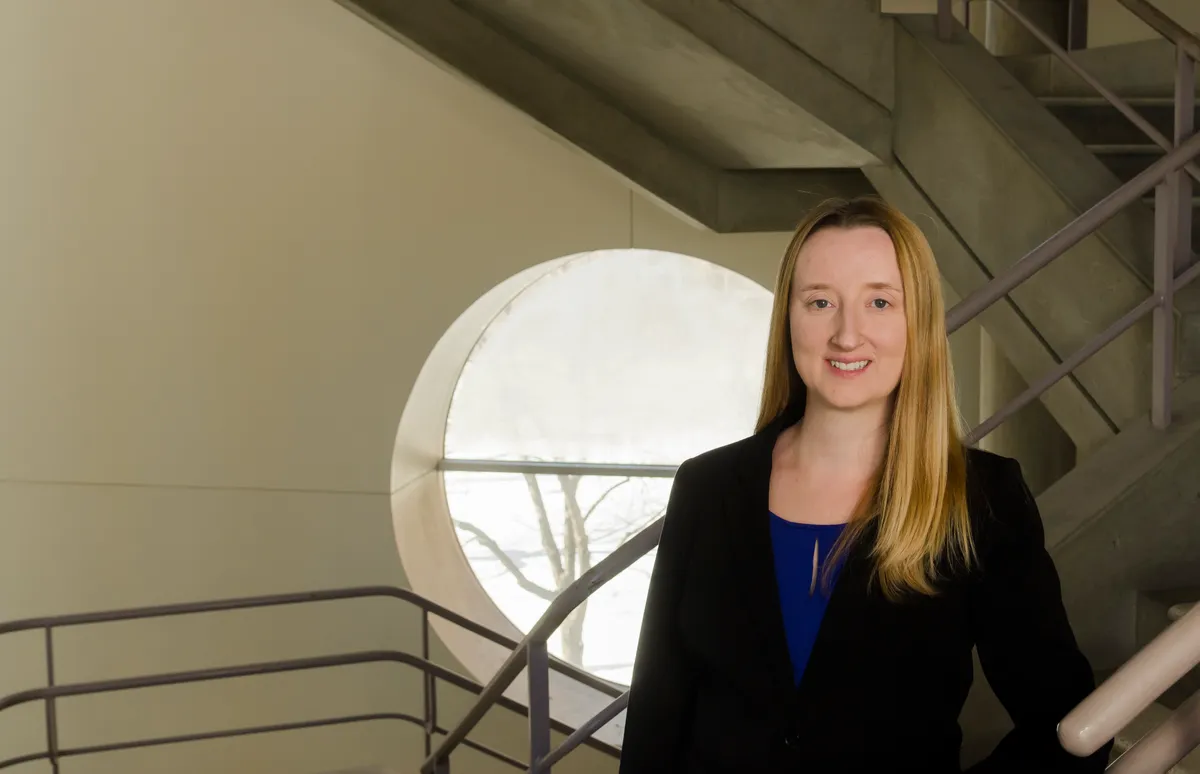OnlineEd 2024

Activating Internal Motivation to Engage Students in Learning
After Massive Open Online Courses (MOOCs) became education headlines in 2012, critiques quickly followed when learners did not complete the free online courses for certificates at similar proportions as students did in paid, for-credit courses on university campuses or even online. The assumption that the two scenarios would produce similar completion rates ignored the external motivation factors absent when taking a MOOC, a learning experience that requires self-regulated learning, especially intrinsic motivation. Not surprisingly, when students had to switch to remote learning from classrooms during 2020 and exasperated by the challenges during the COVID-19 pandemic, they struggled to stay engaged.
This challenge to engage students in learning continues today, requiring even more creative efforts from instructors in open online courses.
This session will cover:
- Factors that drive self-regulated learning
- Why revision and change are necessary when instructors struggle to reach students
- Strategies for engaging students for learning with today’s distractions
What others say
HS OnlineEd events provided me with the opportunity to reflect more closely on my everyday teaching and assessment praxis. The talks were informative and delivered by enthusiastic and experienced educators who explored relevant and current topics in education.
An excellent opportunity to learn about current trends and best practices in education.
HS OnlineEd events provide invaluable academic research and resources that address the ever-changing needs of higher education in the areas of technology, diversity, communication, and student support. It's an honor to be part of this professional international community for online learning and teaching.


